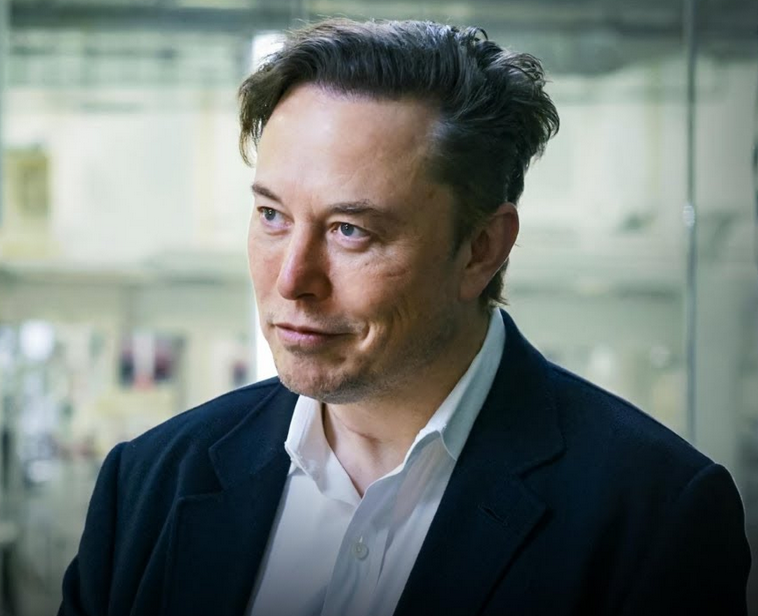Elon Musk’s SpaceX has reached a staggering $350 billion valuation following a recently announced insider share buyback and secondary offering. According to an internal memo obtained by Bloomberg, SpaceX and its investors agreed to purchase up to $1.25 billion worth of shares at $185 per share, significantly up from the $112 valuation just three months ago.
SpaceX, formally known as Space Exploration Technologies Corp., is offering to buy back $500 million of common stock, giving employees and early shareholders an opportunity to sell their shares. However, as Musk revealed in a post on X (formerly Twitter), demand for the shares far exceeded expectations. “Almost no investors wanted to sell shares even at a $350B valuation!” Musk stated. To accommodate new investors, SpaceX reportedly reduced the number of shares it bought back from employees.
What’s really crazy about this is that almost no investors wanted to sell shares even at a $350B valuation!
SpaceX reduced the amount of shares it bought back from employees in order to allow some new investors in.
— Elon Musk (@elonmusk) December 11, 2024
This valuation cements SpaceX’s position as the world’s most valuable private startup, rivaling some of the largest publicly traded companies. The insider share sale also propelled Musk’s net worth by an estimated $50 billion, bringing his total wealth to a record-breaking $439.2 billion, according to the Bloomberg Billionaires Index. This milestone makes Musk the first individual to reach the $400 billion mark.
SpaceX has become a dominant force in the aerospace industry, providing rocket launches for NASA, the Pentagon, and commercial partners. Its Starlink satellite network has revolutionized global internet connectivity, further solidifying the company’s reputation as a leader in space technology.
The rapid increase in valuation highlights the confidence investors have in Musk’s ventures, particularly following the U.S. election. Musk’s growing ties to President-elect Donald Trump have sparked optimism among those looking to capitalize on favorable policies for space exploration and private-sector innovation.
The use of tender or secondary offerings like this one allows employees and early shareholders to generate liquidity while maintaining private ownership. For SpaceX, this transaction not only reflects its unprecedented growth but also sets the stage for continued expansion in the global space industry.

